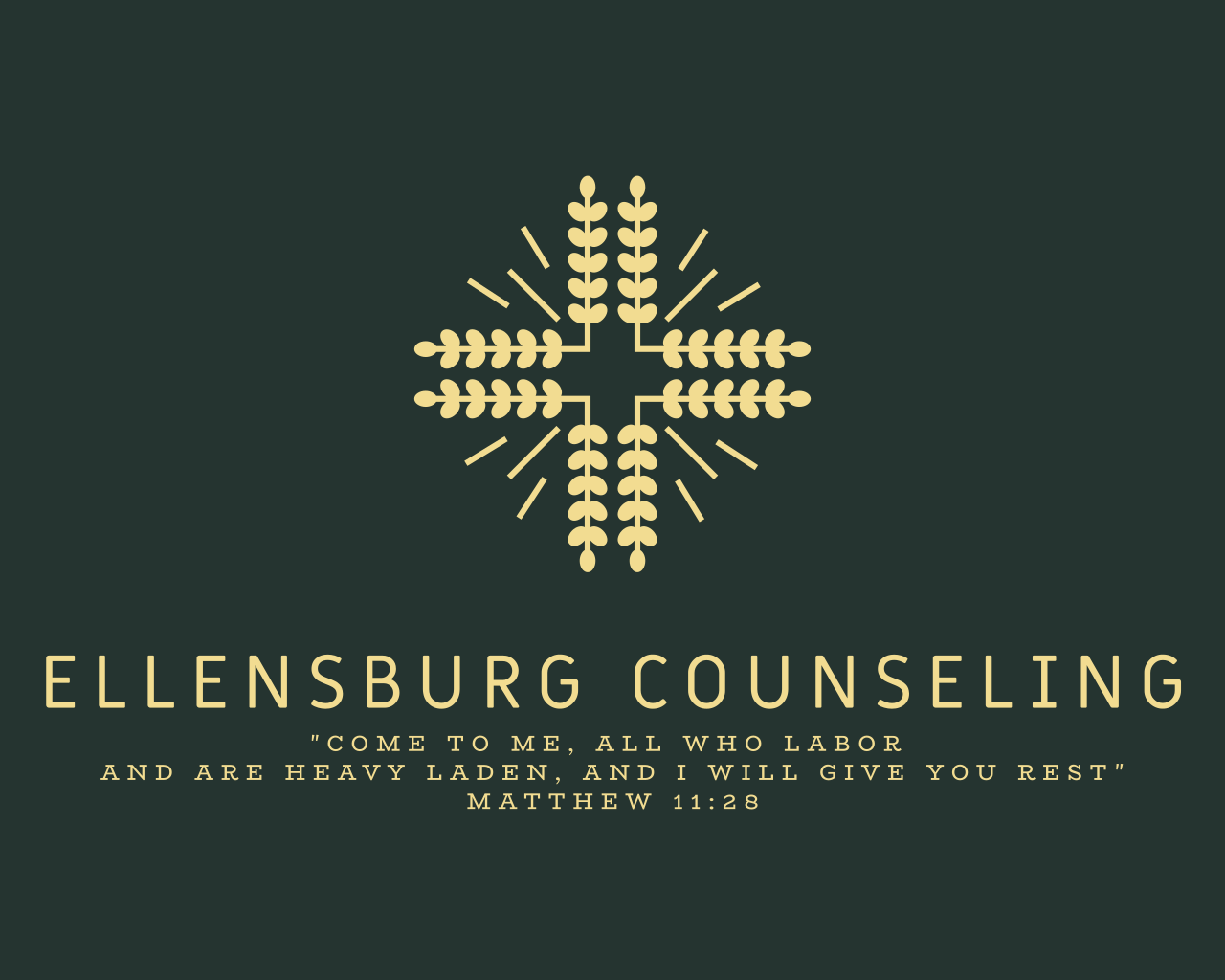I Need to Forgive Myself and Love Myself More
I was recently reading an article from The Gospel Coalition titled, “Beware the Reflexive Gospel” where the author indirectly speaks on a pervasive issue of culture influencing the church and it made me reflect on how that shows up in my office. For years I have worked with Christians that are seeking mental health help. They want tips, tools, and strategies. While I understand their desire to treat their mental health issues from just a practical level, they are often caught off guard when I want to unpack their theology. Most of the time they do not see a connection between their mental health and what they know and believe about God and scripture. I’ll ask the questions, “Do you pray?” “Do you read scripture?” “Do you go to church” “Who is Jesus?” “What is sin?” They offer answers from a place of embarrassment and shame, sometimes frustration because they want to deal with their mental health problems, not sort through theological nuance.
Of course, they say they have accepted Jesus as Lord and savior and follow him, but they ask, “what does that have to do with my anxiety?” Many of these Christians are coming to counseling because of past relational hurts they can’t move on from. Anxiety and depression often come from unresolved hurts and distorted beliefs. They recount in detail their wounds. They carry these hurts with them like the traveler in “The Pilgrim’s Progress”, periodically unpacking them, looking at them intently, and then putting them back in the bag and continuing through life. Once they’ve put all their hurts on the proverbial table, shared their understanding of God and described their faith, they listen to my response, nod their head in agreement with me and then say, “I know God has forgiven me, but I just can’t forgive myself” or “I know God loves me, but I need to learn how to love myself more.”
“The remedy for healing is Theological Anthems
not Cultural Refrains.”
Cultural Refrains
Our culture is obsessed with the self-help genre. We seemingly can’t get enough of it. Anytime we can take a common place problem and distill it into step-by-step solutions, we will. The self-help category exists for a reason; people know they have a problem, but most people think their internal issues are driven by external variables. Very few people realize that their problem is their heart and its misalignment with God; and no self-help book can fix this issue. The unfortunate reality for the church, is that this genre has seeped into our understanding of the gospel. When you have people like Joyce Meyers and Joel Osteen talking about self-empowerment, self-forgiveness, and self-love with a little bit of Jesus sprinkled in, it sounds biblical. A quick amazon search on Christian books around self-forgiveness yielded, “How to Forgive Ourselves Totally” by R.T. Kendall”. Kendall talks about the importance of accepting God’s forgiveness and in the same breath emphasizes the need to forgive ourselves, as if to infer that God’s forgiveness is not enough for us.
These cultural refrains unfortunately have captured many people and enslaved them to the idea that if they can just forgive themselves and or love themselves more, they will experience inner peace and rest. These ideas, however, are nowhere to be found in scripture. We do not see King David learning to forgive himself more after he commits adultery. We do not see Jesus in the Garden of Gethsemane asking God to help him love himself more. In fact, one of the main functions of being a Christian is self-denial and worship of Jesus. Jesus said in Matthew 16:24, “If anyone would come after me, let him deny himself and take up his cross and follow me.” The remedy for healing is Theological Anthems not Cultural Refrains.
“The gospel of self-forgiveness and self-love must
never become a substitution of the Gospel of Jesus.”
Theological Anthems
We can expect that the world will come up with solutions for its problems devoid of God. In the famous words of Darrell B. Harrison of the Just Thinking Podcast “Don’t be surprised when the world is gonna world”. As Christians, we need to resist the temptation to buy into cultural refrains on self-forgiveness and self-love as they put the emphasis for healing on the “self”. We need to take up the theological anthems from John 8:36, “So if the Son has set you free, you will be free indeed” and Romans 8:1, “Therefore, there is now no condemnation for those that are in Christ Jesus.” To heal from our relational hurts, we need to become students of scripture and do business with texts like Eph 2:8-9, “For it is by grace you have been saved, through faith—and this is not from yourselves, it is the gift of God— not by works, so that no one can boast.” We need to mediate on the words of Christ in 2 Corinth 12:9, “My grace is sufficient for you” and how that impacts our spiritual and emotional growth. Finally, we need to trust in the promise of God in Phil 1:6, “And I am sure of this, that he who began a good work in you will bring it to completion at the day of Jesus Christ.
We must be patient with our healing. We need to be diligent in elevating Christ, the salvation he gives and the forgiveness he offers over any type of self-forgiveness and self-love. We need to be reminded hourly that we are so deeply loved (1 John 4:10) and we need to trust that in all things God works for the good of those who love him, whohave been called according to his purpose. (Rom 8:28) The gospel of self-forgiveness and self-love must never become a substitution of the Gospel of Jesus. Come accept the forgiveness that Jesus offers you and be healed.
Christian Bringolf MA LMHC
